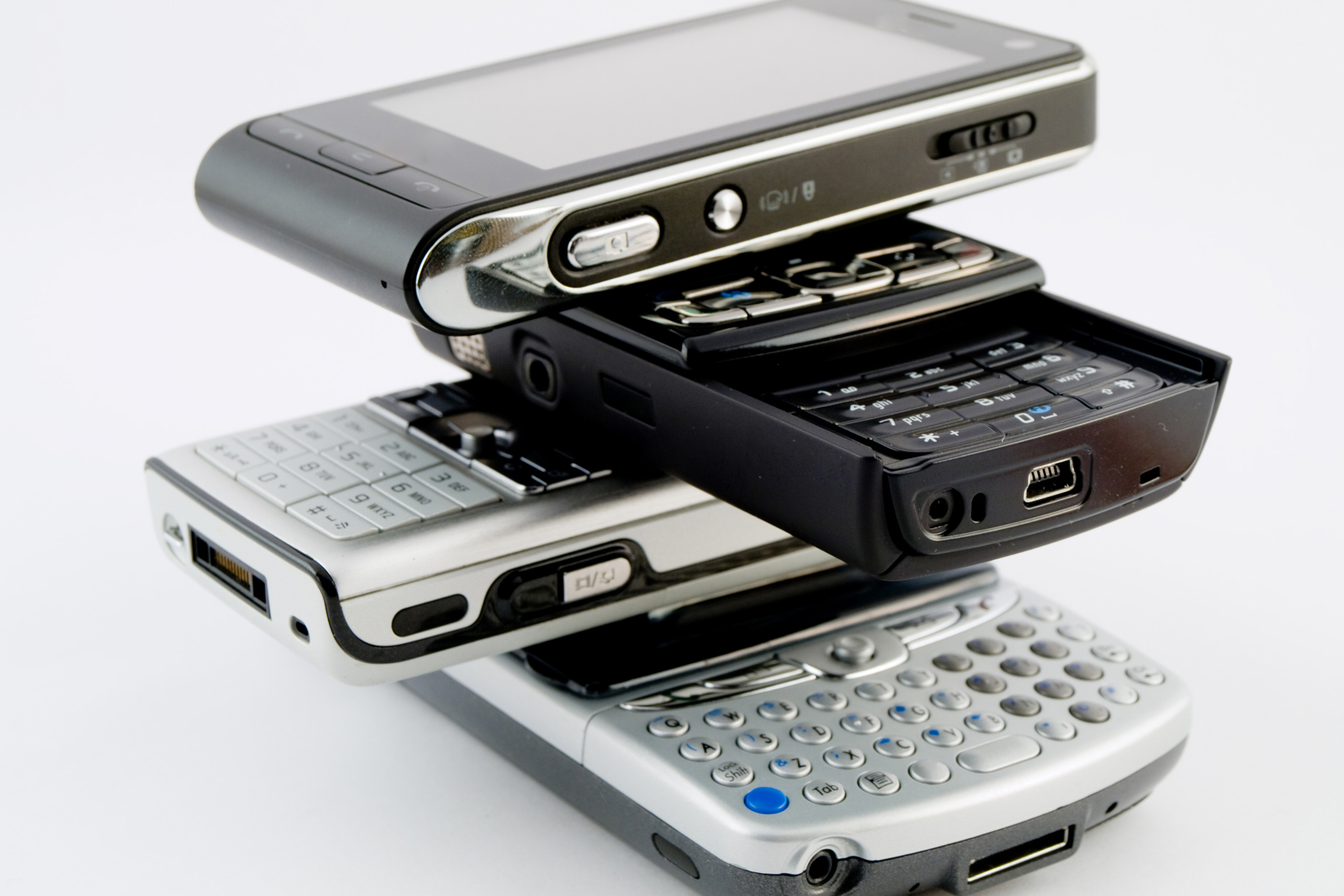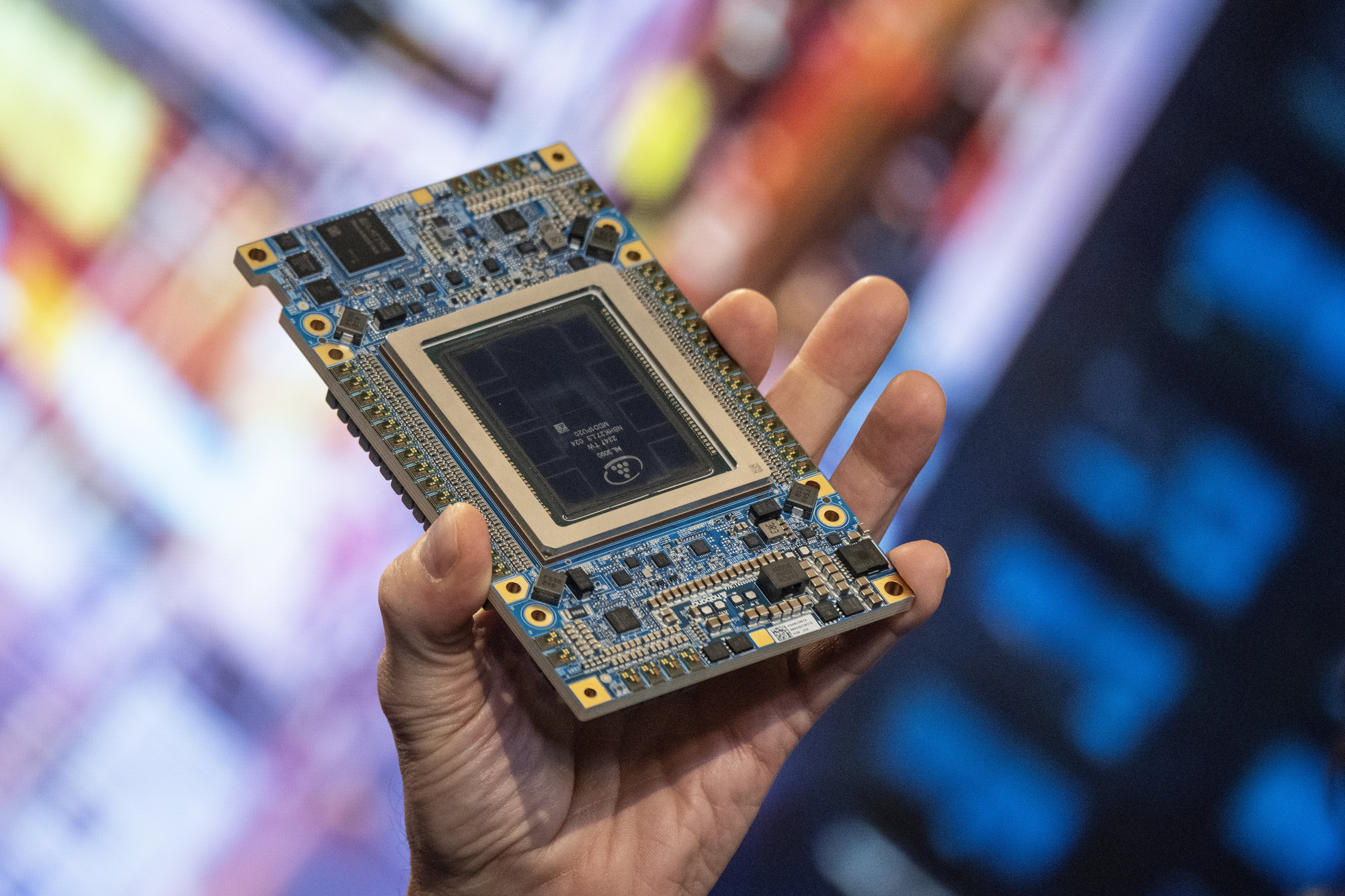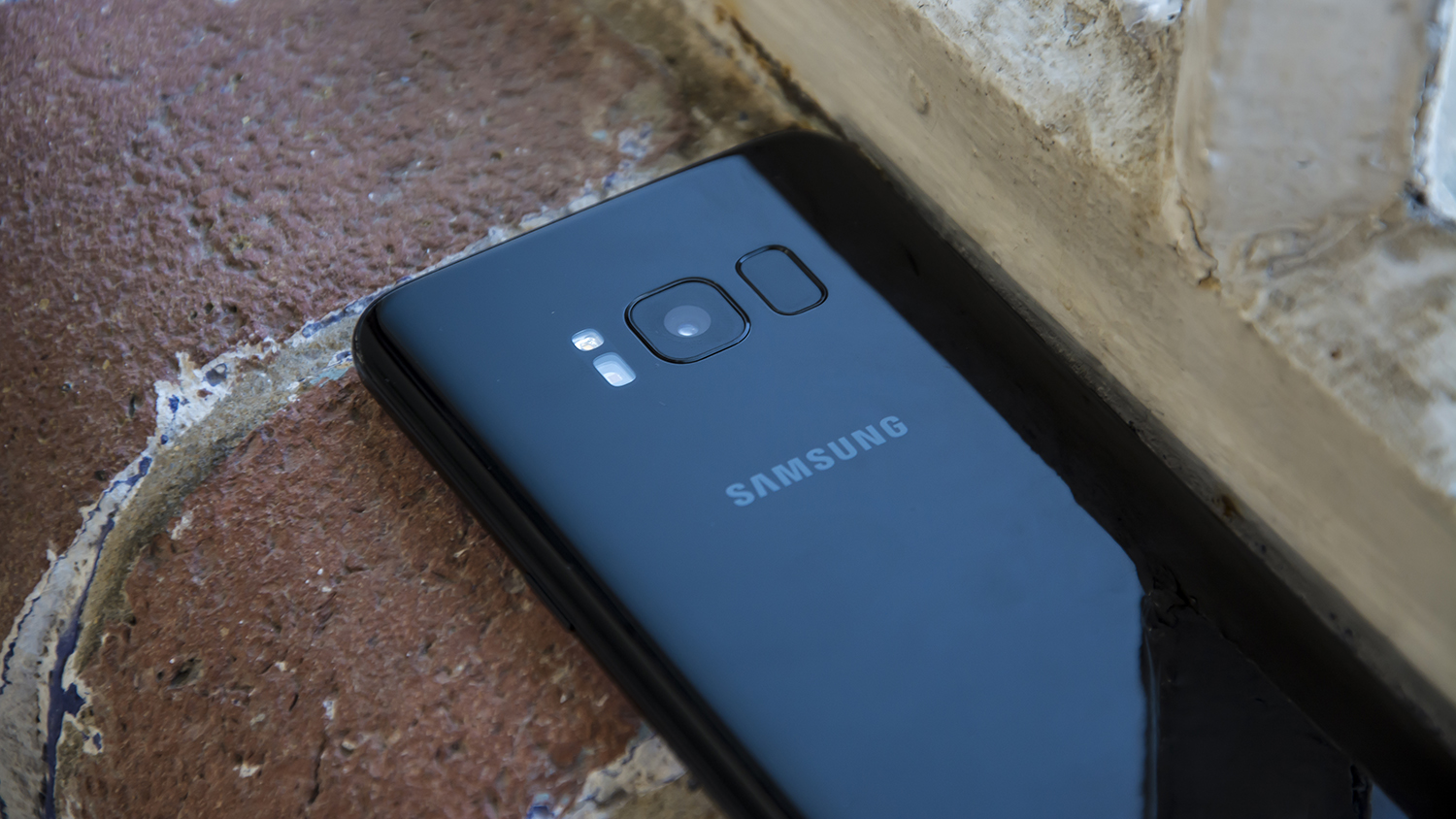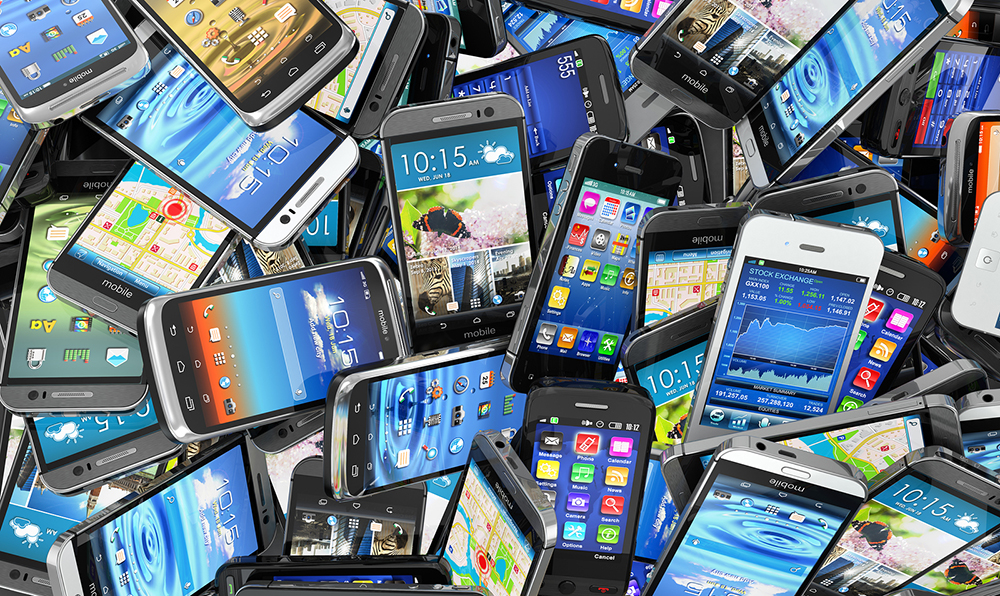Smartphone sales jump, Android and Apple pick up speed
Apple, Android and RIM all came out winners in the first quarter mobile rankings from Gartner.


Apple, RIM and Android have all won bigger slices of the smartphone pie - which itself has continued to see huge growth.
This is according to analyst firm Gartner, which showed the mobile market was up 17 per cent in the first quarter of this year, from the same quarter in 2009. Smartphones in particular jumped 48.7 per cent.
"In the first quarter of 2010, smartphone sales to end users saw their strongest year-on-year increase since 2006," said Carolina Milanesi, research vice president at Gartner, in a statement.
Smartphone OS
By operating system, Nokia's Symbian still sits on top of the ranking, with 44.3 per cent of the market share, down from 48.8 per cent. RIM held onto the number two spot, sliding just slightly to 19.4 per cent.
Apple and Google were the big winners, posting growth in market share and actual units shipped. The iPhone OS jumped from 10.5 per cent of the market share to 15.4 per cent, while Android leaped from 1.6 per cent to 9.6 in just one year.
Microsoft's Windows Mobile and Linux both struggled over the year, losing market share and shipping significantly fewer handsets. Windows Mobile, which is set for an update to Windows Phone 7, slipped from 10.2 per cent to 6.8 per cent while Linux slid from 7.0 per cent to 3.7 per cent.
Sign up today and you will receive a free copy of our Future Focus 2025 report - the leading guidance on AI, cybersecurity and other IT challenges as per 700+ senior executives
"This quarter saw RIM, a pure smartphone player, make its debut in the top five mobile devices manufacturers, and saw Apple increase its market share by 1.2 percentage points," said Milanesi.
"Android's momentum continued into the first quarter of 2010, particularly in North America, where sales of Android-based phones increased 707 per cent year-on-year."
Handsets
Across all handsets, the top three manufacturers all saw their market share slide, but only by a bit and not enough to shake up the rankings. Nokia continued to hold top spot with 35 per cent market share, followed by Samsung at 20.6 per cent and LG at 8.6 per cent.
Again, RIM gained share to 3.4 per cent, gaining fourth spot from Sony Ericsson and Motorola, both of which slid a few percentage points to about three per cent.
Apple won seventh place with a jump to 2.7 per cent, which Gartner said was its strongest quarter yet.
Nokia's woes
While Nokia still firmly holds top position in both rankings, it lacks a winning high-end smartphone option, Milanesi said, with handsets running it's new MeeGo OS not due anytime soon.
"MeeGo based devices and other high-end products will not rejuvenate Nokia's premium portfolio until the end of the third quarter of 2010 at the earliest, and Nokia will continue to feel pressure on its average selling price from vendors such as HTC, RIM and Samsung," said Milanesi.
Freelance journalist Nicole Kobie first started writing for ITPro in 2007, with bylines in New Scientist, Wired, PC Pro and many more.
Nicole the author of a book about the history of technology, The Long History of the Future.
-
 The modern workplace: Standardizing collaboration for the enterprise IT leader
The modern workplace: Standardizing collaboration for the enterprise IT leaderHow Barco ClickShare Hub is redefining the meeting room
-
 Interim CISA chief uploaded sensitive documents to a public version of ChatGPT
Interim CISA chief uploaded sensitive documents to a public version of ChatGPTNews The incident at CISA raises yet more concerns about the rise of ‘shadow AI’ and data protection risks
-
 Global PC shipments surge in Q3 2025, fueled by AI and Windows 10 refresh cycles
Global PC shipments surge in Q3 2025, fueled by AI and Windows 10 refresh cyclesNews The scramble ahead of the Windows 10 end of life date prompted a spike in sales
-
 AI PCs are set to surge in popularity in 2024, but vendors might find it hard to differentiate offerings
AI PCs are set to surge in popularity in 2024, but vendors might find it hard to differentiate offeringsNews AI PCs are moving beyond the hype stage as analysts forecast significant signs of growth in this rapidly emerging market
-
 The AI PC is coming: Here’s what you need to know
The AI PC is coming: Here’s what you need to knowAnalysis Analysts believe a new wave of AI PC’s will spur increased tech spending in 2024
-
 Waning hardware demand to wipe nearly $70bn from chipmaker revenues
Waning hardware demand to wipe nearly $70bn from chipmaker revenuesNews The semiconductor market is feeling the impact of decreasing business hardware demand
-
 Hardware shortages could plague 2017 smartphone sales
Hardware shortages could plague 2017 smartphone salesNews Gartner: Samsung is top of the smartphone pile, while Apple sees a decline
-
 Global PC shipments decline for fifth year running, says Gartner
Global PC shipments decline for fifth year running, says GartnerNews Hardware market continues inexorable decline as consumers rely increasingly on smartphones
-
 Gartner: worldwide smartphone demand to slow in 2016
Gartner: worldwide smartphone demand to slow in 2016News Decreased interest from new markets and more durable handsets will lead to market slowdown
-
 Gartner & IDC disagree on PC market's Q4 performance
Gartner & IDC disagree on PC market's Q4 performanceNews While one analyst reports growth, the other posts a decline in PC sales, but Lenovo still rules the roost
